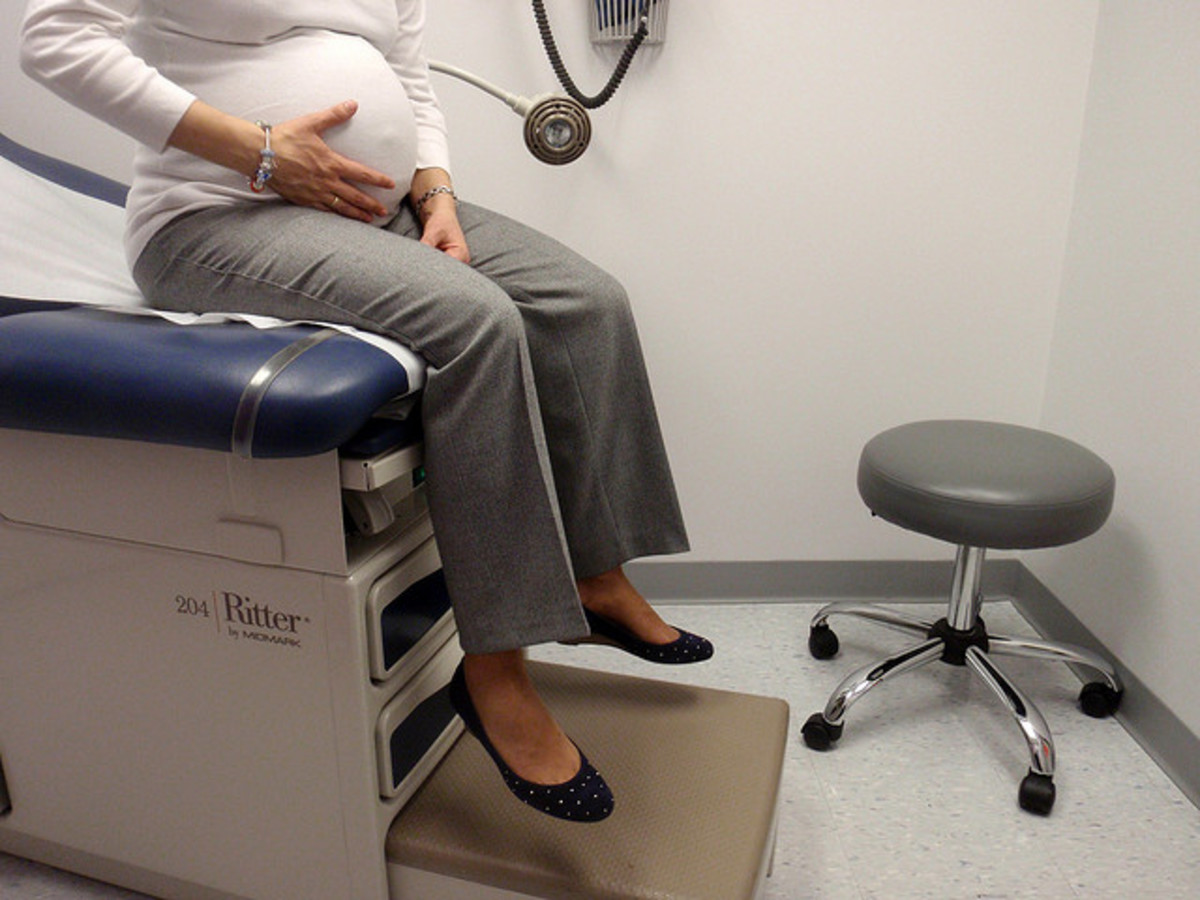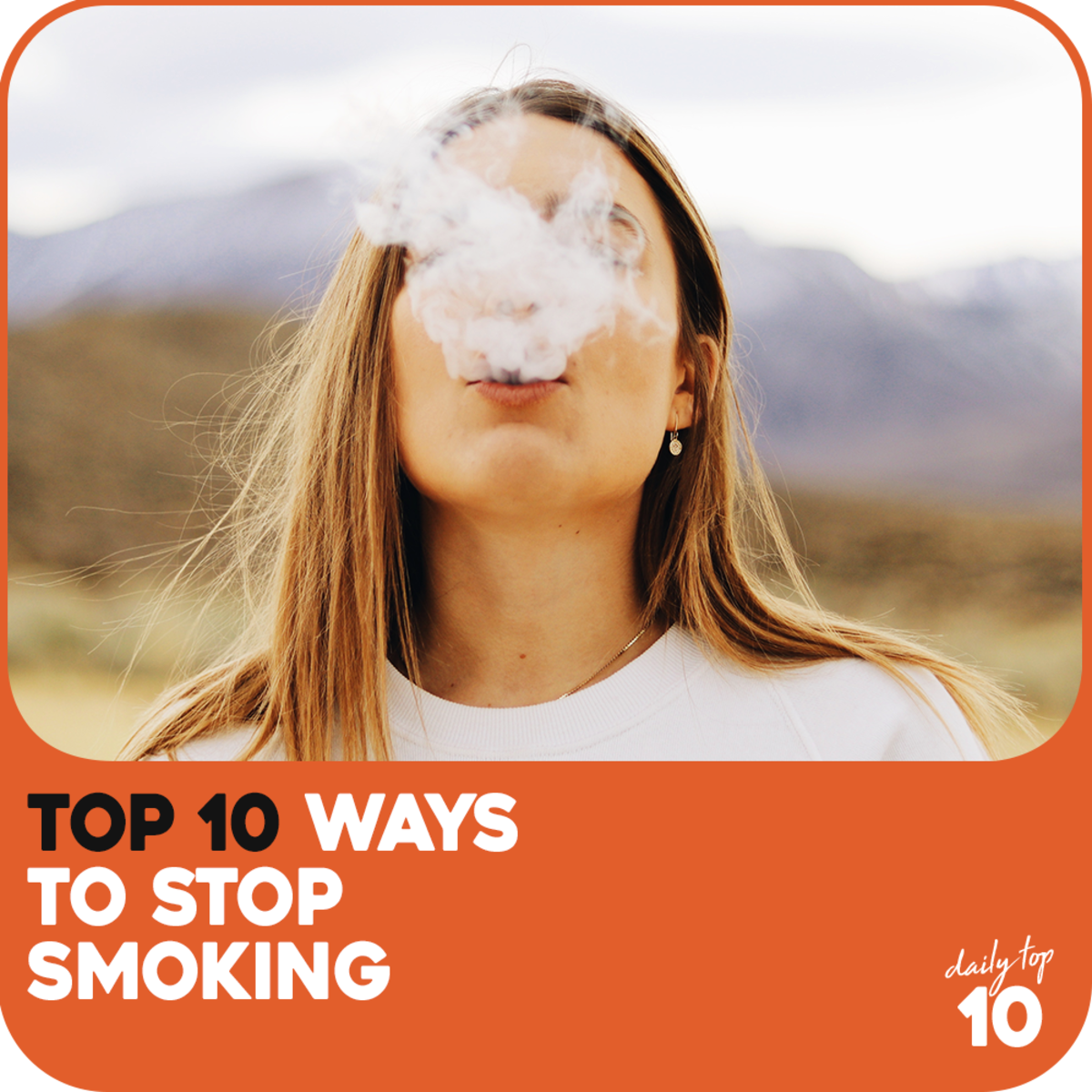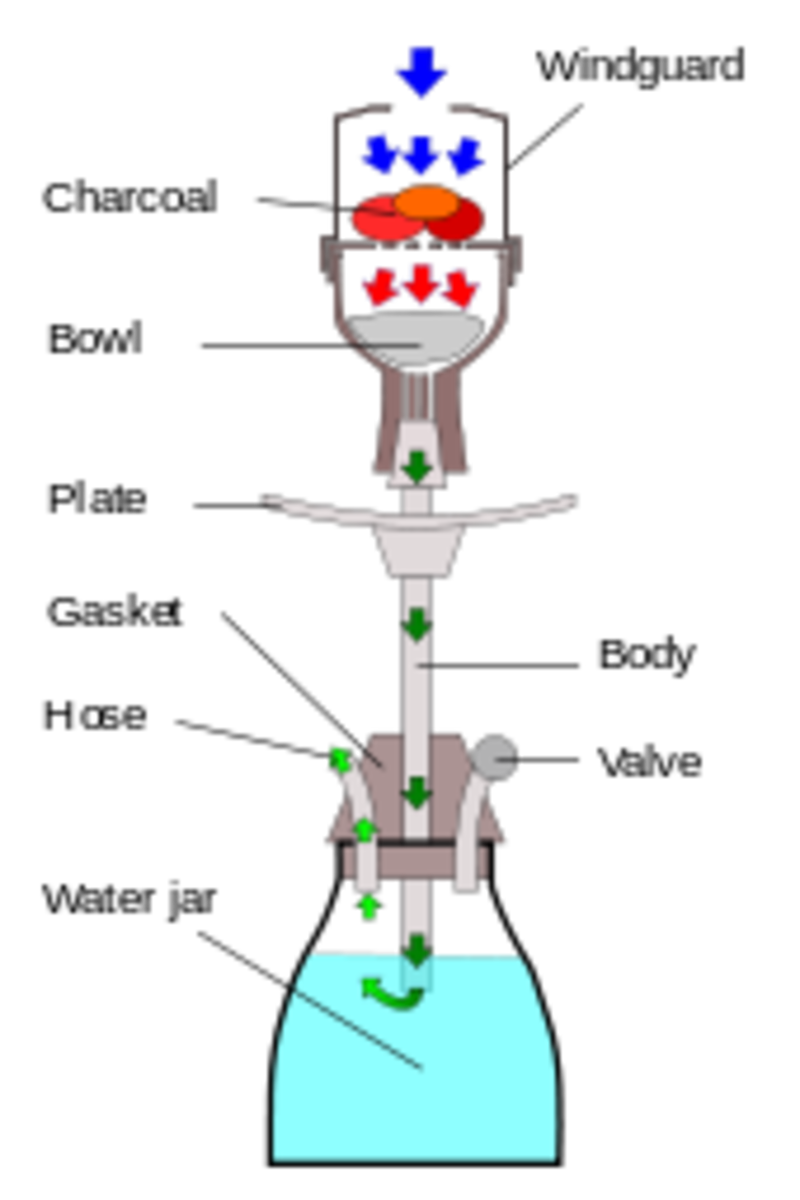Tips from Former Smokers Who Were Able to Quit Smoking
Thinking about Trying to Quit Smoking?
Nearly five years ago, the CDC launched the Quit Smoking Campaign which features Tips from Former Smokers who want to help others seeking to stop smoking achieve success.
The program is still up and running and highly effective in 2019. You have probably seen the commercials that feature unforgettable stories from former smokers and their families about the perils of smoking.
This program continues to provide a wealth of resources and tips from former smokers that are consolidated and available to the public.
Each year, more than 480,000 Americans die from smoking while more than 41,000 of these deaths are the result of exposure to secondhand smoke. Tobacco smoking causes significant harm to the body. Smoking-related illness in the United States costs more than $289 billion a year, including at least $133 billion in direct medical care for adults and $156 billion in lost productivity (cdc.gov).

Risks Associated with Smoking
Smoking poses a few health risks which include but are not limited to the following:
-
Type II Diabetes
-
Crohns Disease
-
Rheumatoid Arthritis
-
Decreased bone density in older men and women who smoke
-
Cardiovascular Disease
-
Stroke
-
Chronic Obstructive Airway Disease
-
Emphysema
-
Asthma
-
Increased Risk for Macular Degeneration, Cataracts, Optic Nerve Damage
-
Cancer
Tips and Resources for Quitting Smoking
Perhaps you are fully educated about the risks and statistics associated with smoking and truly are just searching for tips to quit smoking. Great News! The CDC is very invested in helping you start this journey including:
Methods that Might Aid in Quitting Smoking
There are a variety of treatments, tricks or methods that one might consider using in order to quit smoking including:
-
Hypnosis
-
Acupuncture
-
Medications
-
Counseling (Telephonic and/or Face to Face)
-
Internet Quitting Programs

Hypnosis
Hypnosis is an altered state of consciousness. Reportedly, it lies somewhere between wakefulness and sleep. While in a hypnotic state, one is able to concentrate intensely on a specific thought, memory, or feeling while blocking out distractions.
Methods used may vary considerably, ranging from the use of direct suggestion hypnotherapy by repetition throughout to hypnotherapy combined with cognitive behavior therapy. It is said that through intense hypnotherapy, abstinence is created through the development of self-motivation and regulation.
Some studies suggest hypnosis is only effective in approximately 30% of the patient population. Nonetheless, hypnosis yields far better results than no intervention at al
Medications
Medications prescribed by physicians function as a nicotine substitute. There are six forms commonly prescribed including patches, gum, inhalers, nasal sprays, pills and suckers. These substitutes help to combat urges commonly experienced with withdrawal symptoms. Of course, precautions should be taken in use of medications in pregnant women or individuals with a history of cardiac problems.

Acupuncture
Acupuncture has been used for more than 25 centuries to treat and prevent various illnesses and conditions. It is a procedure that involves the placement of fine, flexible needles over specific points of the body's energetic pathways. Some people find the method to be relaxing in nature.
Quitting smoking won't be easy. It is not difficult to relapse, particularly in the face of cravings, triggers or unplanned emotional events. The key is not to give up and find the best method that is going to help make you successful in your endeavor to quit.
This content is for informational purposes only and does not substitute for formal and individualized diagnosis, prognosis, treatment, prescription, and/or dietary advice from a licensed medical professional. Do not stop or alter your current course of treatment. If pregnant or nursing, consult with a qualified provider on an individual basis. Seek immediate help if you are experiencing a medical emergency.
© 2014 Mahogany Speaks








